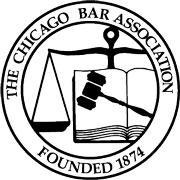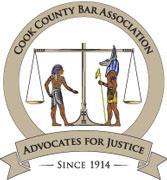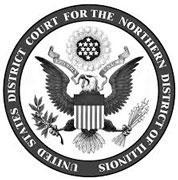Blog Category: Civil Rights
How Will Recent Changes to the 2021 SAFE-T Act Affect Chicagoans?
Report: ‘Unprecedented Number’ of Excessive Force Complaints from Last Summer’s Protests
What Can I Do if I Am Falsely Arrested and Imprisoned in Illinois?
A Message From Our Law Office About the George Floyd Incident and Police Brutality















